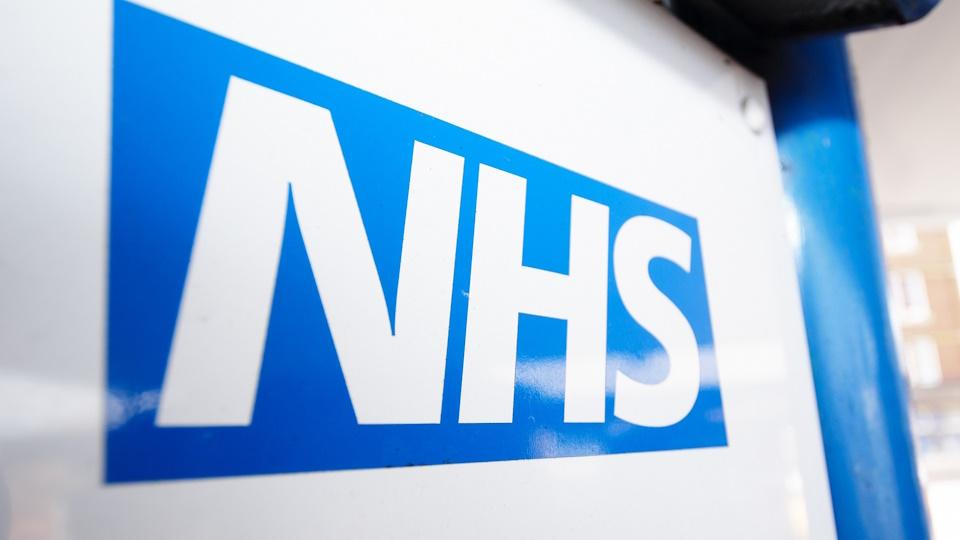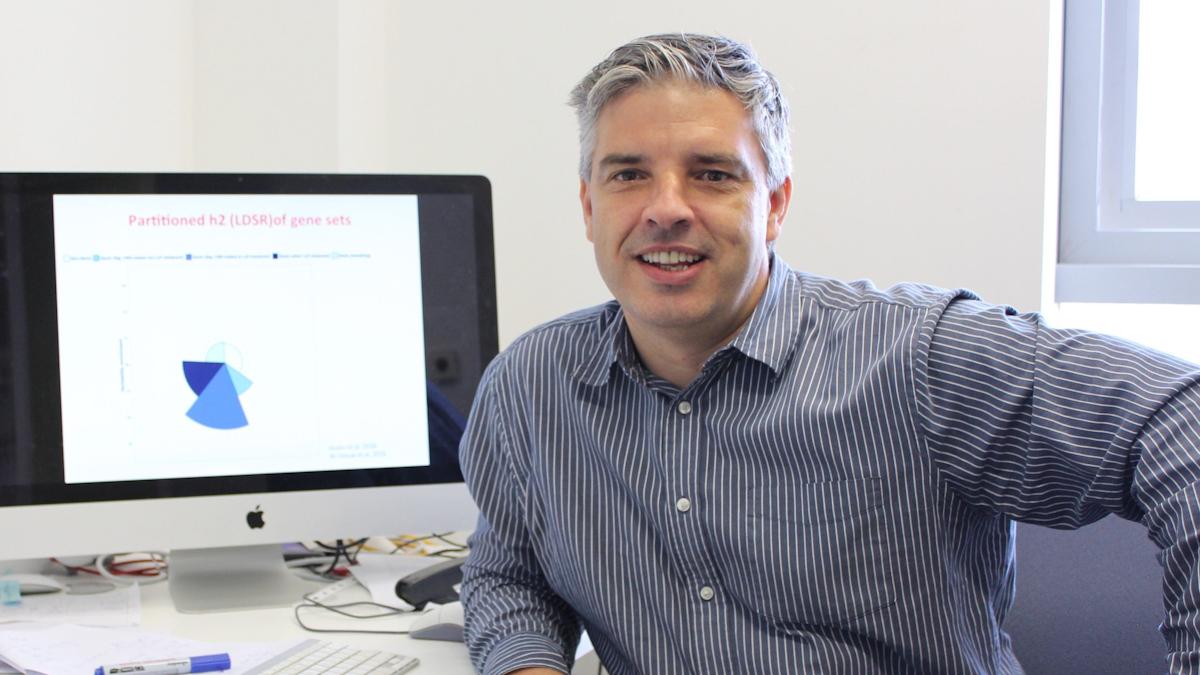'Landmark' deal reached on UK voluntary rebate scheme

After months of wrangling, an agreement has finally been reached on a successor to the Voluntary Scheme for Branded Medicines Pricing and Access (VPAS), the system of revenue rebates used to limit rises in medicines spending in the UK.
The new deal – described as “landmark” by the Association of the British Pharmaceutical Industry (ABPI) – will save the NHS £14 billion ($17.5 billion) over five years in medicines costs and also help ease access to new treatments.
Like its predecessor, the Voluntary Scheme for Branded Medicines Pricing, Access and Growth (VPAG) sets a yearly cap on the total allowed sales value of branded medicines to the NHS each year, with sales above the cap paid back to the government via a levy.
The new scheme, which will run for five years from the end of 2023 to until 31st December 2028, is headlined by a doubling in the annual allowed growth in sales of branded medicines, from 2% in 2024 to 4% by 2027, with a new mechanism to support lower industry payment rates for more innovative branded medicines.
A spokesperson for the ABPI explained that the new scheme does not feature a fixed rebate rate, which hit a peak of 26.5% last year, and will now treat older and new medicines differently, with each paying different rates on measured sales to the NHS.
Older medicines will have to pay a top-up rate of up to 25% in addition to the older medicines base rate of 10%, although, that can “taper down” for products that have already seen significant price reductions.
Overall, the ABPI is forecasting that younger medicine payment rates should, for the first time in a decade, start to decline, from 19.5% in the last quarter of 2024 to 7.2% in 2028 – roughly in line with pre-COVID-19 levels. A sharp rise in demand for medicines during the pandemic is one factor behind the recent climb in VPAS rebates.
Older medicines, meanwhile, will face rates between 10%-35%, depending on exemptions and the operation of the price erosion mechanisms detailed in the scheme.
The cost-savings to the NHS expected by the new scheme are around double the savings achieved by the VPAS, which has seen around £7 billion paid back over its five-year lifespan. Medicines represent the second highest proportion of NHS spending, worth £19.2 billion in England in 2022/23.
Part of the deal includes an additional £400 million of life sciences investment by industry that the ABPI says will “accelerate work on clinical trials, manufacturing, and in health technology assessments agencies, encouraging UK economic growth, collaboration, and innovation in the sector.”
That will add to an earlier £520 million commitment by the UK government to support the country’s life sciences sector, focusing on manufacturing, and help to attract more investment.
Previously, the ABPI had warned that, unless the UK took action to reduce the rebate rates levied on branded medicines sales, it could lose £1.9 billion investment in R&D spending in 2028, with a cumulative £5.7 billion of R&D investment lost between 2024 and 2028.
The deal also includes a commitment to pilot new advanced therapy medicinal products (ATMPs), such as personalised cancer therapies and life-saving ‘one shot’ gene therapies, making sure patients can access them as quickly as possible, as well as a commitment to a data-driven approach to the use of medicines by the NHS and the creation of a new support programme to encourage wider use of technologies that support patients post-treatment.
“This five-year agreement will enable NHS England to build on our track record of securing innovative, life-changing treatments for millions of patients across the country at a fair price for taxpayers,” commented Robert Kettell, NHS England’s director of medicines negotiation and managed access.
“In leading the negotiations, I was clear that any deal had to enable patients to have rapid access to cutting-edge medicines and incentivise the medical research that will provide the treatments of tomorrow,” he added. “I am confident this agreement delivers these aims.”
ABPI chief executive Richard Torbett said it was a “tough deal” which, despite restrictions, acknowledges the role of innovative medicines and vaccines and provides “important support for patients and the NHS.”
He added: “Allowing the sector to grow faster than it has under the previous scheme should increase the UK’s international competitiveness over time.”













